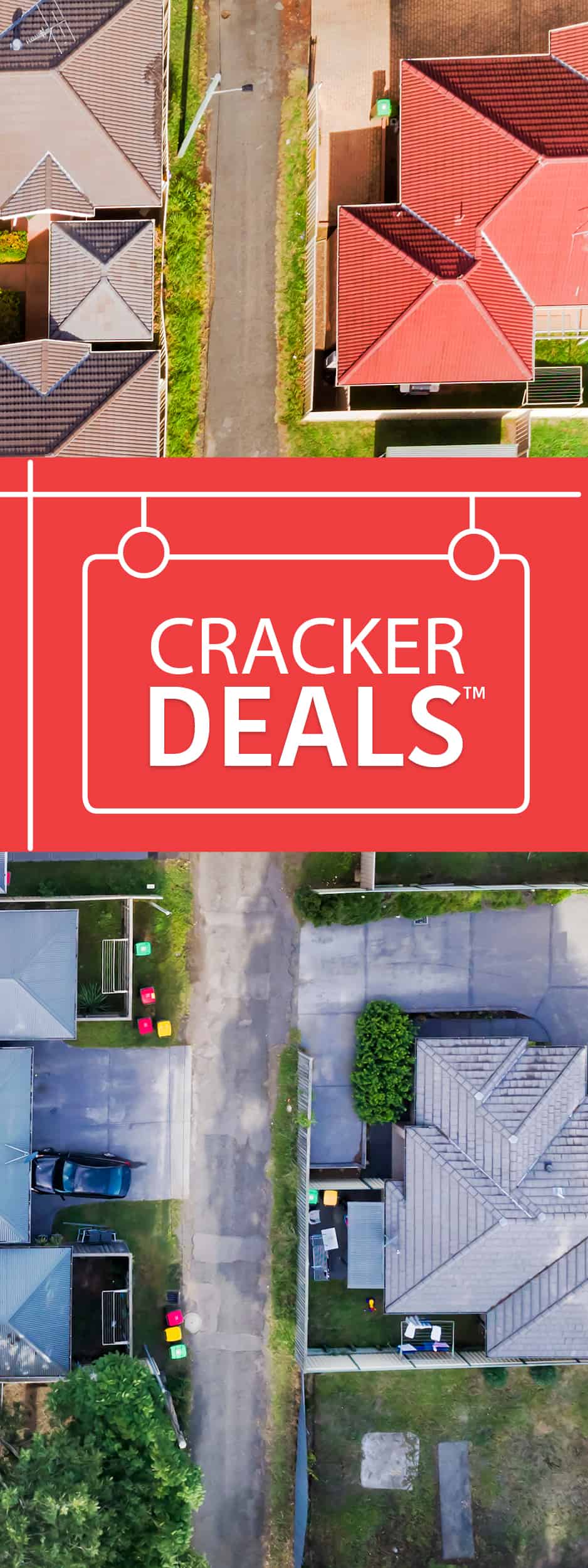- The first step is making the call.
- 1300 022 482
- hello@searchpartyproperty.com.au
The Role of Land Tax Within Your Property Investment Strategy

Of all the costs associated with owning an investment property, land tax is easily one of the most overlooked. In fact, it is likely that many investors with smaller portfolios would not know anything about this potential expense. There would also be some who know what land tax is but assume it will never apply to them.
To help address this, we want to take a closer look at how land tax works. We will explore why it is such an important consideration for you as an investor, particularly as your portfolio grows. We will also share some of the strategies successful investors use to manage their land tax obligations.
What is land tax and how is it calculated?
Put simply, land tax is another fee you may need to pay when you own investment property in any jurisdiction other than the Northern Territory. It is administered by each state and territory government and applies to every property other than your primary residence. While the exact rules vary slightly between jurisdictions, properties used for primary production (i.e. farms) are also usually exempt from land tax.
How your land tax bill is calculated will depend on where your property is located. That said, the amount you need to pay will always be based on just the land component of your applicable properties. All states also have a tax-free threshold and most use a sliding scale, with higher tax rates for higher value portfolios.
Some of the key factors that change from jurisdiction to jurisdiction are:
- When your land value is appraised: For example, in NSW, land tax will be based on your applicable land value as at midnight 31 December each year. But in Queensland, it will be calculated based on your portfolio as at midnight 30 June each year.
- The tax-free threshold amount: For example, in Queensland, you will not need to pay land tax until your applicable land value reaches $600,000. But in Victoria, the threshold is much lower, at $300,000.
- The rate of tax paid: For example, in NSW, you will need to pay $100 plus 1.6% of the appraised land value above the $882,000 tax-free threshold. But in Queensland, the base tax rate is $500 plus 1% of the appraised land value above the tax-free threshold.
- The tax brackets: For example, in NSW, the base tax rate applies up to appraised land values of up to just over $5m. But in Queensland, the tax rate increases when appraised land values reach $1m, $3m, $5, and $10m.
For the exact details of your land tax obligations, we recommend checking out the website of the appropriate State Revenue Office.
There are a couple of other important points to note about land tax. Most significantly, unlike stamp duty, it is an annual fee that will need to be calculated and paid every year. Also, it is based on the site value, or unimproved value of the land, as assessed by the Valuer General.
Strategies for managing your land tax liability
As a general rule, the more land you own, the more land tax you will need to pay. And, due to the tax-free threshold and sliding scale most states use, your obligation can increase quickly as your portfolio grows. As such, most successful investors employ a range of strategies to help manage the amount they need to pay, including:
- Diversifying their portfolio across different states: Because land tax is state based, your appraised land value does not accumulate across the different jurisdictions. As such, spreading your properties across multiple states can help minimise the amount you need to pay.
- Focusing on apartments: The land value of an apartment complex is split across all the properties that make it up. As such, the appraised land value of an apartment will usually be lower than that of a freestanding house.
- Using different buying entities: As land tax does not accumulate across different buying entities, splitting ownership across multiple entities can help minimise your obligation. Also, in some states, certain entities, like trusts, are exempt from land tax or taxed at a lower rate.
- Timing when they buy and sell: The value of the land that you own will be appraised annually at a specific date and time. Buying a new property just after this will mean it will not be included in calculations until the following year. Similarly, settling a sale just before this date will bring down the amount of land tax you need to pay.
The best approach for you will depend on your investment goals and financial situation. As such, it is important to consult an experienced financial adviser when planning your land tax management strategy.
Want more information?
If you would like to learn more about land tax, or any other investment property expenses, contact Search Party Property. Our highly experienced team are experts in managing these costs and can help you understand and plan for them. We can also support you to sustainably grow your portfolio – simply set up your free property investor session to get started.




